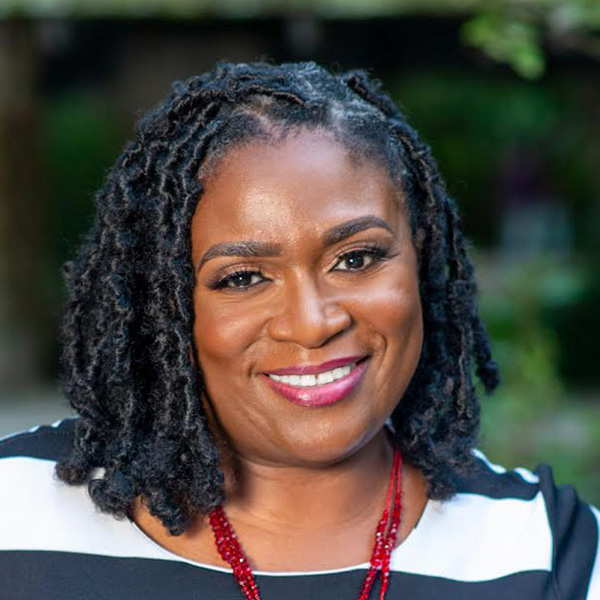The Importance of Allyship and Mental Health Awareness in the LGBTQIA+ Community

Hear from Skyland Trail Adult Alumni Coordinator Tera Carter, CPS, WHMC, on the importance of allyship and mental health awareness in the LGBTQIA+ community.
June marks Pride Month, a time to celebrate the LGBTQIA+ community’s history, contributions, and progress. It’s also a crucial opportunity to reflect on the ongoing work needed to ensure that everyone, regardless of sexual orientation or gender identity, has the support they deserve, especially when it comes to mental health. Here are three key points on the importance of allyship and mental health awareness within the LGBTQIA+ community:
1. Allyship: A Critical Tool for Creating Safe Spaces
Allyship is about actively supporting and advocating for the rights and well-being of LGBTQIA+ individuals. Allies, whether they are friends, family, coworkers, or even strangers, play a vital role in reducing the stigma that often surrounds the LGBTQIA+ community. When allies stand up against discrimination, promote inclusive practices, and speak out for equal rights, they help foster an environment where LGBTQIA+ people feel seen, heard, and supported. This kind of allyship can be a powerful force in dismantling harmful stereotypes and providing a sense of community for those who may feel isolated or marginalized.
2. Mental Health Challenges Faced by the LGBTQIA+ Community
The LGBTQIA+ community faces significant mental health challenges due to a variety of factors, including discrimination, stigma, and lack of acceptance. Studies show that LGBTQIA+ individuals are more likely to experience mental health struggles like anxiety, depression, and suicidal ideation. The toll of societal rejection and internalized homophobia can severely impact an individual’s mental and emotional well-being. Allies can work to raise awareness of these challenges and can advocate for better mental health resources tailored to the unique needs of the LGBTQIA+ community, ensuring that no one has to navigate these struggles alone.
3. Listen and Learn
One of the most important ways to be a good ally to the LGBTQ+ community is by committing to ongoing learning and respectful communication. This starts with educating yourself about LGBTQ+ identities, experiences, and history, rather than relying on individuals within the community to do all the explaining. Listening with humility and staying open to feedback, especially when corrected, demonstrates that your allyship is genuine and evolving. Alongside this, it’s essential to use inclusive and affirming language. Respect people’s names and pronouns, avoid making assumptions about someone’s gender or sexuality, and choose words that reflect dignity and support. Simple changes in how you speak can make a big difference in creating a safe and welcoming space for others.
Pride Month is about more than just celebrations; it’s about fostering support, building community, and ensuring that every LGBTQIA+ person has the allyship and mental health resources they need to thrive. Let’s continue to show up, advocate for inclusion, and be allies in the fight for better mental health care for everyone. Learn how Skyland Trail supports LGBTQ adults and teens experiencing mental illness.
